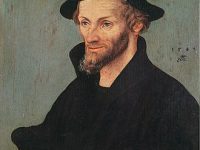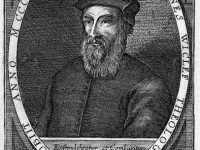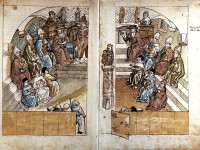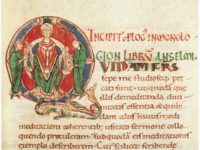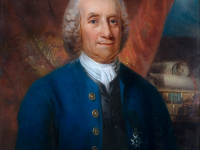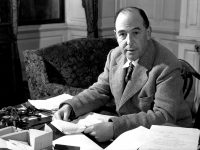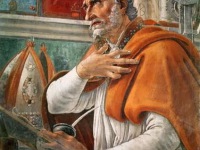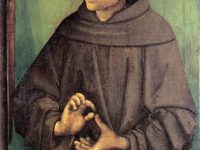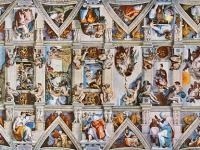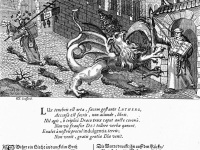Philipp Melanchton – the First Systematic Theologician of the Protestant Reformation
On February 16, 1497, German Lutheran reformer, collaborator with Martin Luther,[1] the first systematic theologian of the Protestant Reformation, and intellectual leader of the Lutheran Reformation Philipp Melanchton was born. Melanchthon along with Luther denounced what they believed was the exaggerated cult of the saints, asserted justification by faith, and denounced what they considered to be the coercion of the conscience in the sacrament of penance (confession and absolution), which they believed…
Read more

